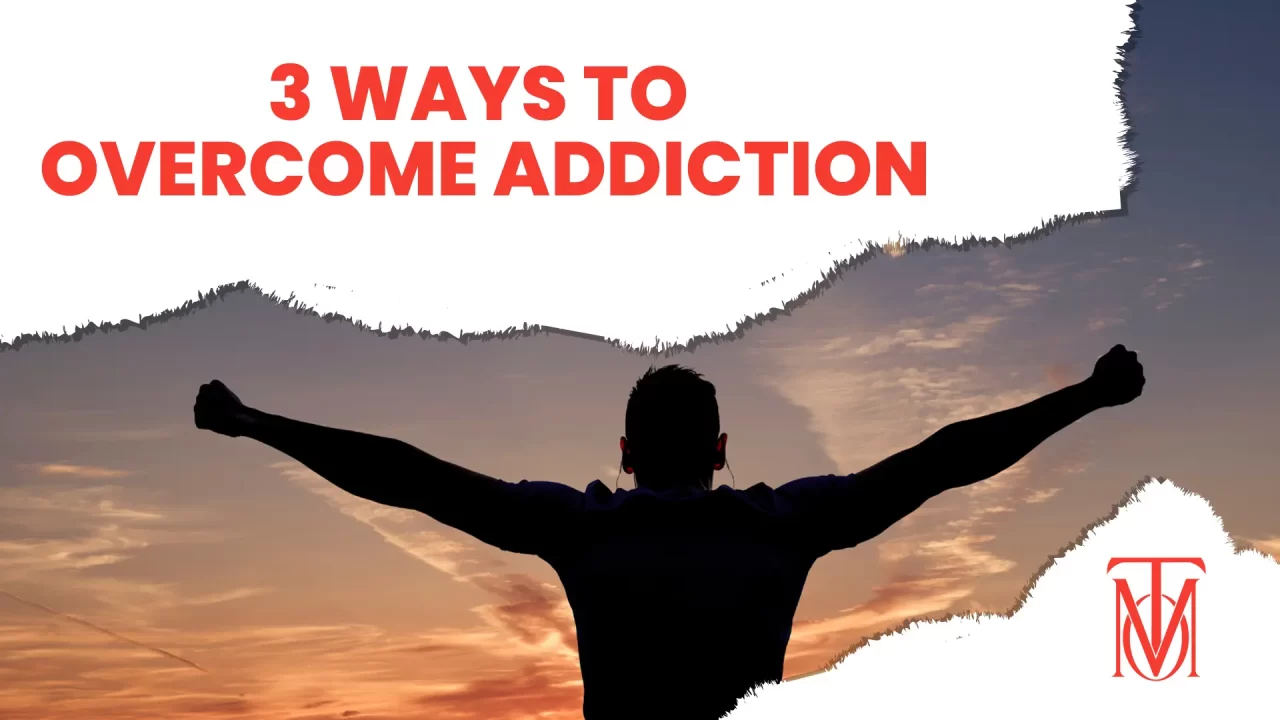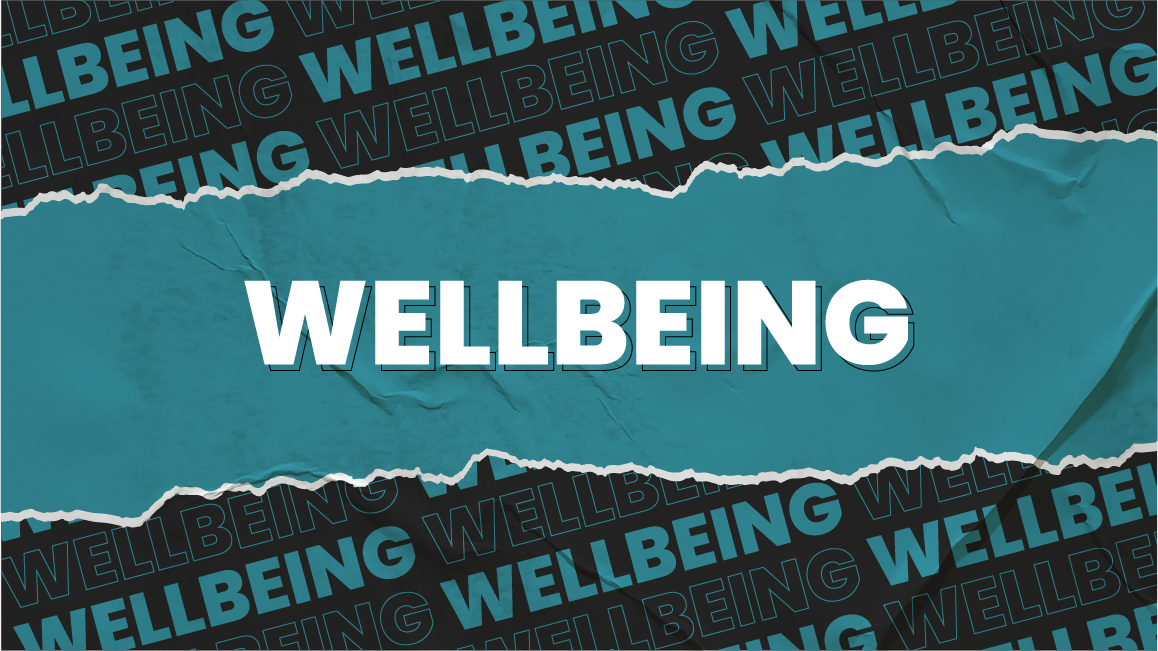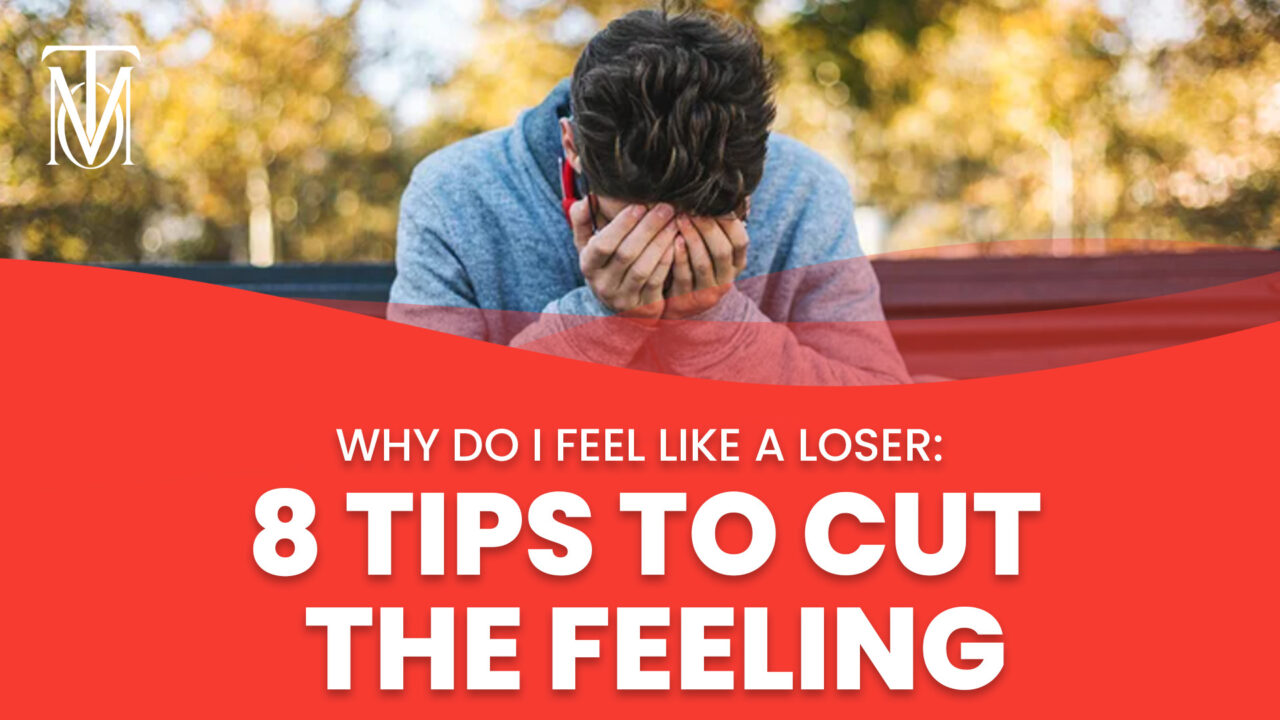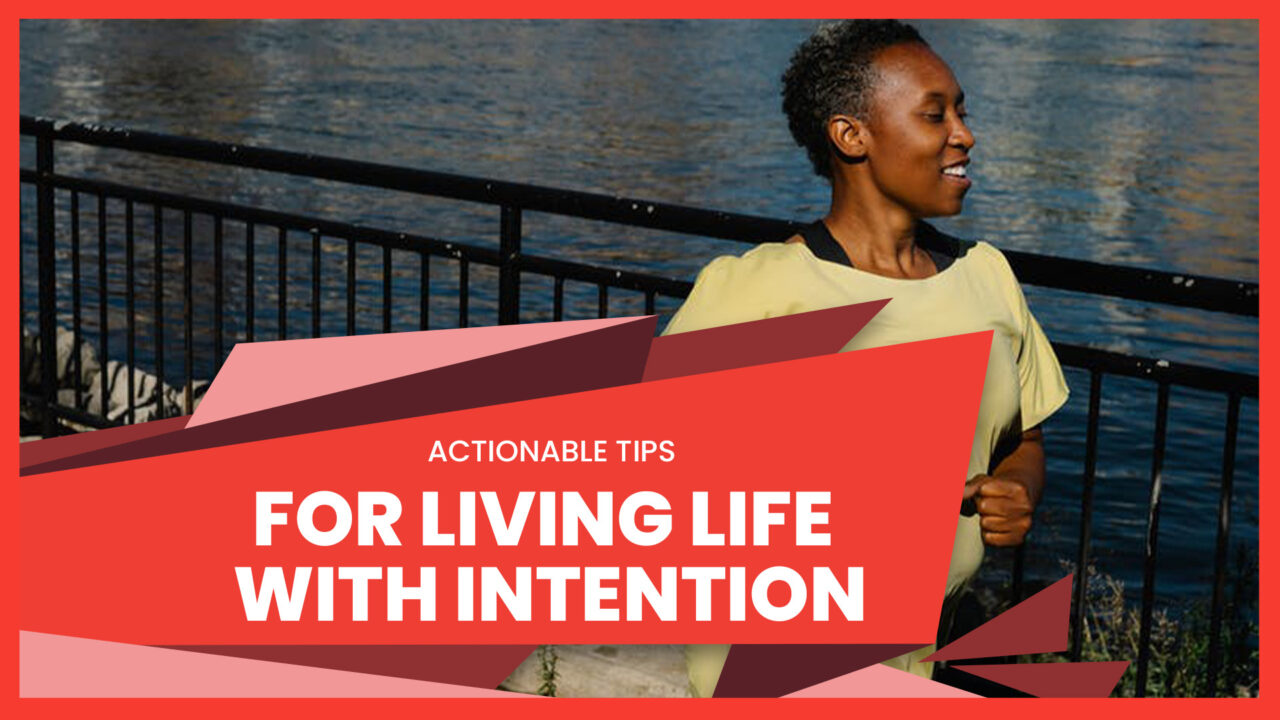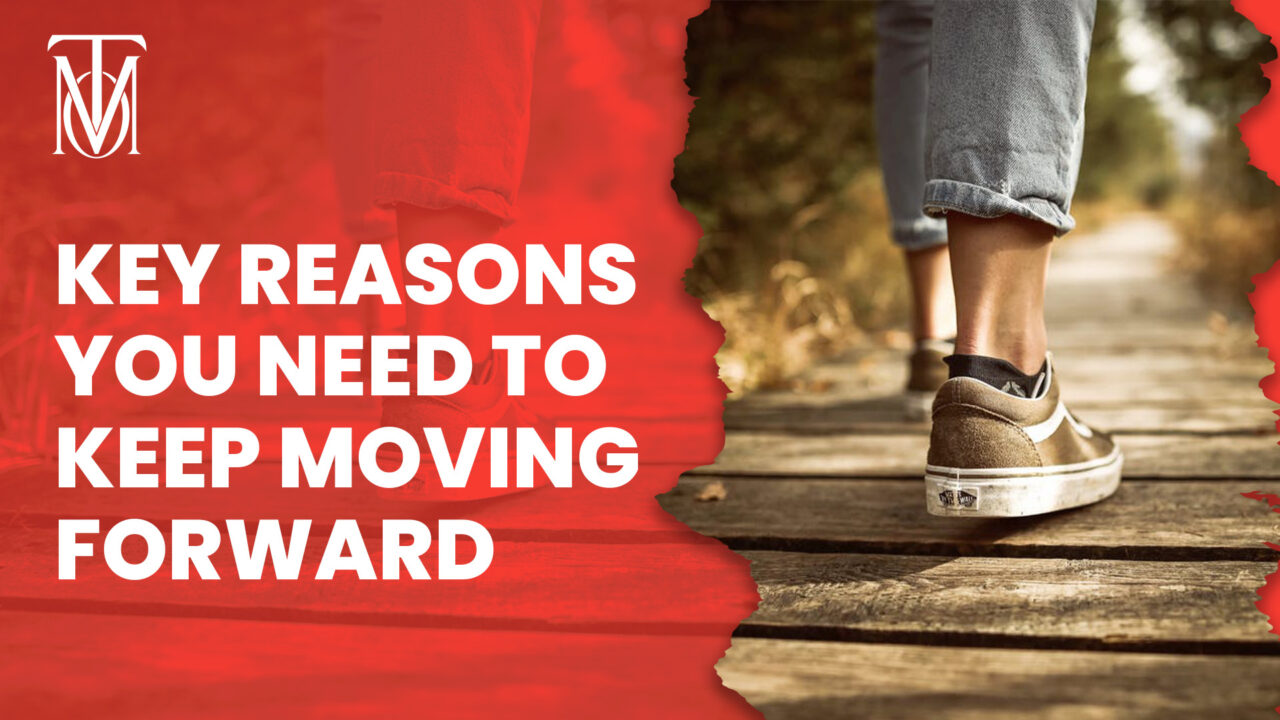The transtheoretical model of behavior change proposes that creating any form of transformation entails a process that begins with pre-contemplation and moves into contemplation. It is one of the models of behavior change that has been developed.
During these initial stages of the recovery process, you can be in denial about the effects of addiction on your life. It’s possible that as you become more aware of the challenges you’re up against, you’ll also find that you struggle with emotions of ambivalence, even as you become more mindful of the necessity of overcoming your addiction.
However, once you have chosen to alter something, you can start the process of becoming ready to act on your decision.
1. Decide to change
One of the most important phases in addiction recovery is choosing to alter one’s behavior. They could not comprehend, or you might be pleasantly surprised if they do. In either instance, it is a good idea to let them know your goals and how they can support you in achieving overcoming addiction. (even if doing so necessitates temporarily ending your connection).
Deciding to change to have a meaningful drug-free life and determining how that change will manifest itself frequently takes considerable time. This stage is known as “contemplation” since it involves pondering about something or changing and how to do so.
However, ambitions that are too ambitious can sometimes be counterproductive. It is preferable to intend to quit “cold turkey” and end up relapsing, which can be more dangerous than simply continuing as normal without making any changes, so setting a goal you will reach is preferable in this situation.
It is especially helpful at this stage to speak with a physician, an addiction counselor, or a psychologist or go to a treatment center since these professionals can help you understand the risks and the things that can help alleviate and explains how substance abuse treatment works.
- Strategies for Reducing the Risk of Harm
A method that minimizes potential negative outcomes can be helpful throughout the pre-contemplation and contemplation stages of the change process. The concept of harm reduction acknowledges that while complete sobriety is the end goal, getting there is a process that requires time. Although abstaining from all substance use is the healthiest course of action, even a moderate reduction in the amount of the most dangerous substance consumed or behavior is a significant step in the right direction and will significantly mitigate the damage done.
2. Get ready for some change
Even if you know what you want to do, you may still need to be open to change. To get ready, you should get rid of any addictive substances lying around your house and get rid of anything in your life that can act as a trigger and cause you to use addictive substances again. And you will face the negative consequences of a substance use disorder, affecting your physical health.
In most cases, this involves removing paraphernalia or other objects in your environment that can rekindle your urge to take an addictive substance or engage in risky activity. Altering your daily routine so that you spend less time in situations or with people who are known to stimulate food cravings may also prove to be necessary for you.
You can also get ready by making a plan for how you will overcome your addiction and gathering the resources you will need to be successful in this endeavor. These are two examples of other ways to get ready.
For instance, a person trying to kick the smoking habit might begin by determining whether they will quit smoking all at once or slowly reduce the amount of nicotine they take in over time and save money.
The following step would be to obtain the resources necessary to successfully quit smoking, such as joining a support group, purchasing nicotine replacement therapy (NRT) products, or consulting an addiction treatment options about possibly receiving a prescription for smoking cessation medication. Contingency management is also an effective treatment option for many patients.
3. Seek the support of others
The preparations involving social ties may be the most difficult. Some of the relationships that people are recovering from addictions may center on the addictive activities they engage in. In the circumstances like these, establishing boundaries within those relationships and joining a self-help organization like Alcoholics Anonymous (AA) can be beneficial in providing a group of individuals who understand what the individual is going through and can offer support.
Trying to give up smoking can make you feel isolated, which can be difficult. You may have lost touch with former friends and loved ones. Because of the changes you’ve made to your behavior, it could be difficult for you to spend time with people who are still abusing substances or indulging in certain behaviors. Identifying people who are willing to assist you during your recovery can be of great assistance and may boost the results.
Spend time with relatives and friends who will encourage you to achieve your objectives. If you have friends who have an alcohol addiction, drug addiction, or indulge in other addictive habits, you might want to tell them that you plan to change your life.
Addiction treatment is usually a mix of group and individual therapy sessions that teach people in recovery the skills they need to get and stay sober and how to handle different situations without using drugs or alcohol.
You may be shocked if they comprehend. Tell them your aim and what they can do to help (even if that means taking a break from the friendship for a time).
How Long Does It Take A Person To Overcome Their Addiction?
According to an article in TIME, the brain can revert itself after using medicines for at least 90 days. According to the findings of a recent study, addictive behaviors limit the capacity of neurons in the prefrontal cortex to engage in decision-making and analysis, which, in turn, lowers the level of quality.
Is It Possible To Break An Addiction?
Addiction treatment is possible, with the help of treatment facilities for substance use disorders, alcohol abuse, and even who have withdrawal symptoms, though it frequently requires significant effort. You may overcome obstacles to your physical or mental health with the assistance of others to recover and feel better.
In accord with NIDA (National Institute on Drug Abuse), addiction is a treatable disorder. Research on addiction and substance use disorders has led to the development of research-based approaches that assist people to stop using drugs and resume productive lives.
Final Thoughts
When it comes to the process of recovering from addiction, there is no universally applicable method. Modifications to your lifestyle, behavioral therapy, medication, and participation in mutual support groups are all potential components of your treatment plan; however, it is essential to zero in on the modality that is most effective in meeting your requirements.
Long-term sobriety is not a state of permanent arrival but rather a continuing process of confronting one’s life and learning to live with it without turning to addictive habits for relief. It demands a constant commitment, which is something that might waver at any time, especially during times of stress.
